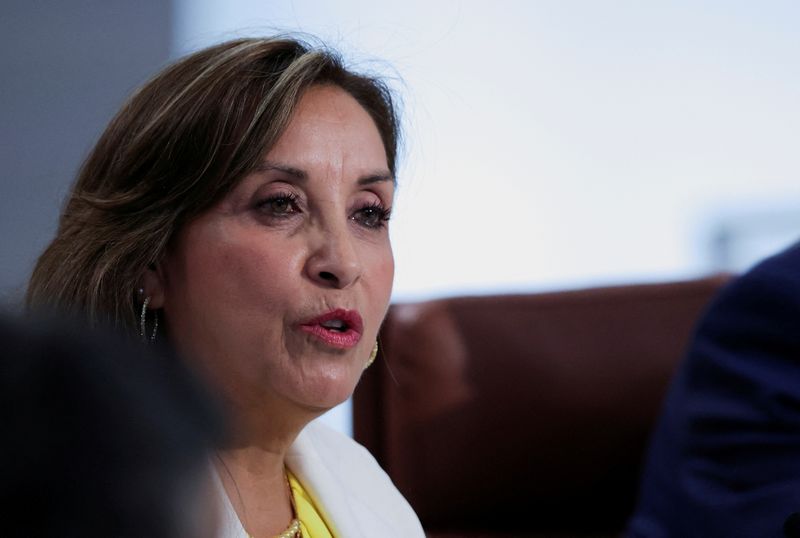Follow us on LinkedIn
When it comes to investing, there are a lot of options out there. You can invest in stocks, bonds, mutual funds, and so on. But one of the most popular investment options is real estate. And if you’re thinking about getting into the real estate market, you may be wondering how much money you need to invest. In this blog post, we will discuss the minimum amount of money you need to get started in real estate investing.
What are the different types of real estate investments available to you and what do they entail?
There are a variety of different types of real estate investments available to you. Here are some of the most common:
- Real estate investment trusts (REITs): A REIT is a company that owns, manages, and rents out commercial properties. REITs are traded on stock exchanges, just like stocks.
- Single-family homes: A single-family home is a residential property that is owned by one person or family.
- Condominiums: Condos are apartments in highrise buildings that are owned individually by the occupants of each unit, but they share common areas such as hallways and elevators with other residents.
- Multi-unit dwellings (MUDs): A MUD is a property with multiple units that are rented out to tenants.
Each of these types of investments has its own unique risks and rewards. Be sure to do your research before deciding which type of investment is right for you.
How much money do you need to get started in each type of investment, and where can you find that money?
There is no one-size-fits-all answer to this question. The amount of money you need to get started will vary depending on the type of investment you choose. And, as with most things in life, you don’t want to put all your eggs in one basket. So it’s a good idea to spread your money around and diversify your investments.
Here’s one rule of thumb: if you’re investing in a commercial real estate building, it’s generally recommended that you have at least $100,000 in cash available for this purpose. This is because commercial real estate buildings often require large down payments and long-term leases, which means they can be more difficult to sell than other types of investments.
If you’re buying a single-family home, it’s generally recommended that you have at least $50,000 in cash available for the down payment. If you’re buying a condo, it’s generally recommended that you have at least $30,000 in cash available for this purpose. This is because these properties may require large down payments. If you’re investing in a MUD, it’s generally recommended that you have at least $25,000 in cash. Investing in REITs require the least amount of starting capital.
As we mentioned earlier, it’s a good idea to spread your money around and diversify your investments. So don’t invest all your money in real estate. Try to include a variety of different types of investments in your portfolio. This will help you reduce your risk and protect yourself against market downturns.
Are there any risks associated with investing in real estate, and how can you mitigate those risks as much as possible?
There are many risks associated with investing in real estate. For example, if the market crashes and property values decline precipitously, you could lose a great deal of money. Or if an unexpected event like a natural disaster strikes and destroys your property, it will be difficult to recoup its value.
However, there are ways that you can mitigate the risks associated with investing in real estate. For example, you can purchase insurance for your property and get a loan from the bank to help cover any losses if something should go wrong. You can also hire a property manager or use an online service like Airbnb to rent out your property when it’s not being used by yourself or family members. By taking these precautions, you can help reduce the risks associated with investing in real estate and ensure that your investment is as safe as possible.
Investing in real estate can be a great way to build wealth over time. But it’s important to remember that there are risks involved, and not everyone will be successful. So do your research, learn as much as you can, and make sure that you’re comfortable with the risks before making any decisions.
Conclusion
Real estate investing is an excellent way to build wealth and have a stable financial future. However, it’s not without its risks. If you’re willing to accept the risks that will pay off in the long run, then consider investing in real estate. You’ll need to be willing to put some money down up front, but if done correctly, it can be a very profitable investment. So do your research and make sure that you’re comfortable with the risks before making any decisions.
Further questions
What's your question? Ask it in the discussion forum
Have an answer to the questions below? Post it here or in the forum
My grandmothers had a 24-year age gap. Our relationships were different; I was closer with the older grandma, while the younger one seemed distant.
Since his campaign ended, DeSantis has barred homeless people from sleeping in public and prohibited kids from social media, among other things.


People with bipolar disorder are more sensitive to physical changes in the spring. This can trigger manic episodes.